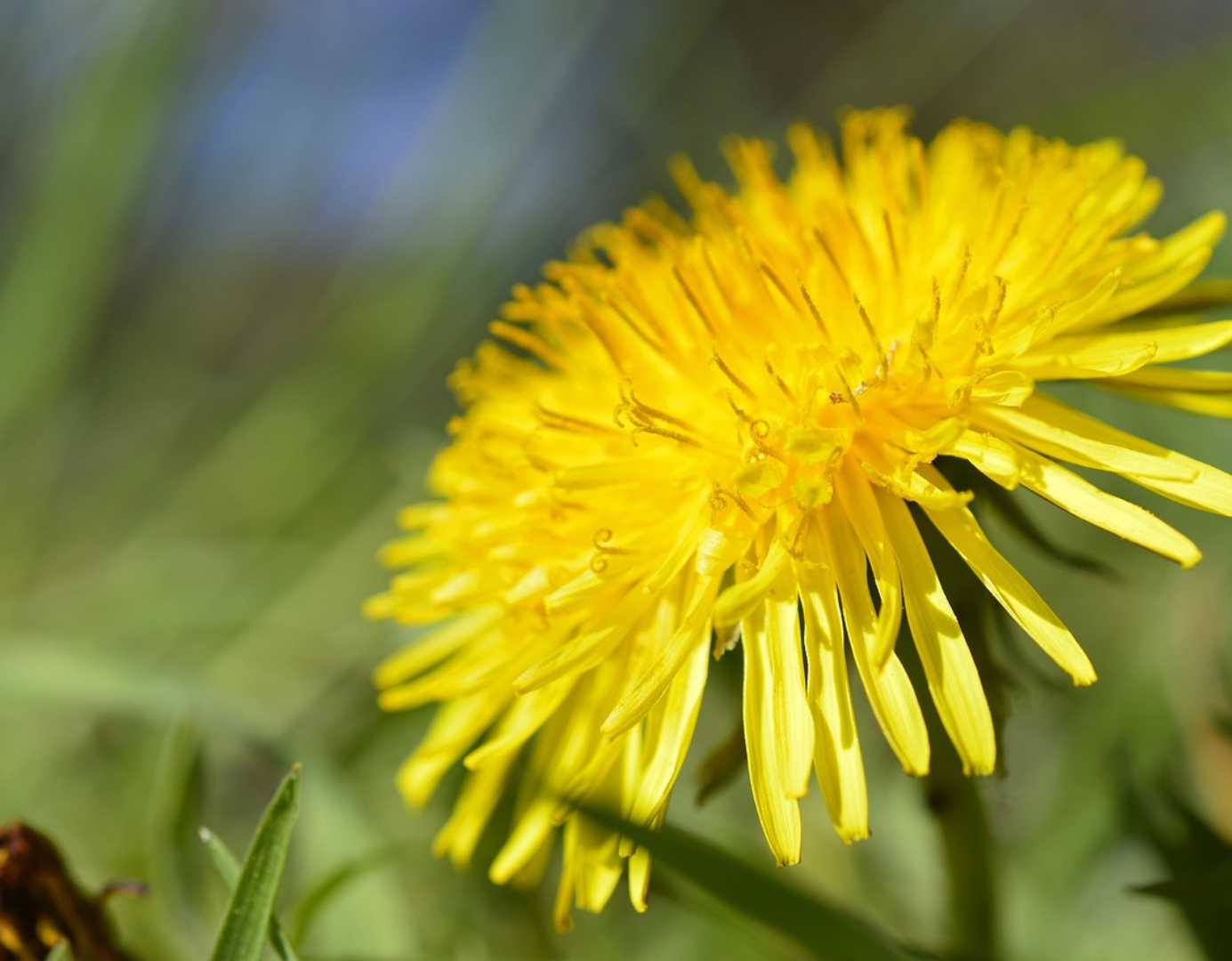Behind the headline: The link between non-Hodgkin lymphoma and weedkiller
Published on: 6 September 2023How strong is the evidence that glyphosate weedkiller contributes to the development of non-Hodgkin lymphoma?

You may have seen press coverage about the link between the chemical glyphosate and cancer. Glyphosate is a potent weedkiller used across the UK in products such as Roundup®.
How strong is the evidence and what is the risk?
Glyphosate has been used in weedkillers since 1974 and is found in many different brands. In 2015, the World Health Organization (WHO) classed glyphosate as ‘probably carcinogenic to humans’. This means there is evidence that glyphosate can cause cancer in animal studies, and a scientific basis for how it might occur. However, the WHO found there was ‘limited evidence’ that it causes cancer in humans, meaning that although an association between glyphosate and cancer has been noted, other factors cannot be ruled out. An association means there is a relationship between two things (in this case, glyphosate and cancer), but it does not necessarily mean that one factor causes the other. Other factors – or even pure chance – could be involved.
While some previous scientific studies found evidence for a link between glyphosate and lymphoma, others did not. As reported in the Daily Mail, new studies in China, Taiwan and Brazil have raised further concerns about the weedkiller’s safety. These include damage to red blood cells, blood vessels and fertility, as a result of exposure to glyphosate.
Glyphosate is banned in a number of countries, but not in the UK. However, some UK garden centres and supermarkets are no longer stocking weedkillers with glyphosate, with glyphosate-free products available as an alternative.
If you continue to use products that include glyphosate, we recommend you do so as directed and use appropriate protective clothing and equipment.
Many factors have been associated with the development of non-Hodgkin lymphoma, such as older age, immune system problems, certain infections and some chemicals, including glyphosate. These ‘risk factors’ are different for different types of non-Hodgkin lymphoma. It is difficult to determine exactly how important each risk factor is because there are often only a few people with each type of lymphoma exposed to each risk factor.
Glyphosate exposure is one possible risk factor for non-Hodgkin lymphoma. The level of exposure that has been observed after crop-spraying is generally low. Farmworkers or people who live on farms may be slightly more likely to develop certain types of non-Hodgkin lymphoma, although this could be related to many different chemicals or viruses that might spread from animals.
For an average person, the risk of developing non-Hodgkin lymphoma is very low. Even with risk factors that increase your likelihood of developing lymphoma, the risk is usually still low.
